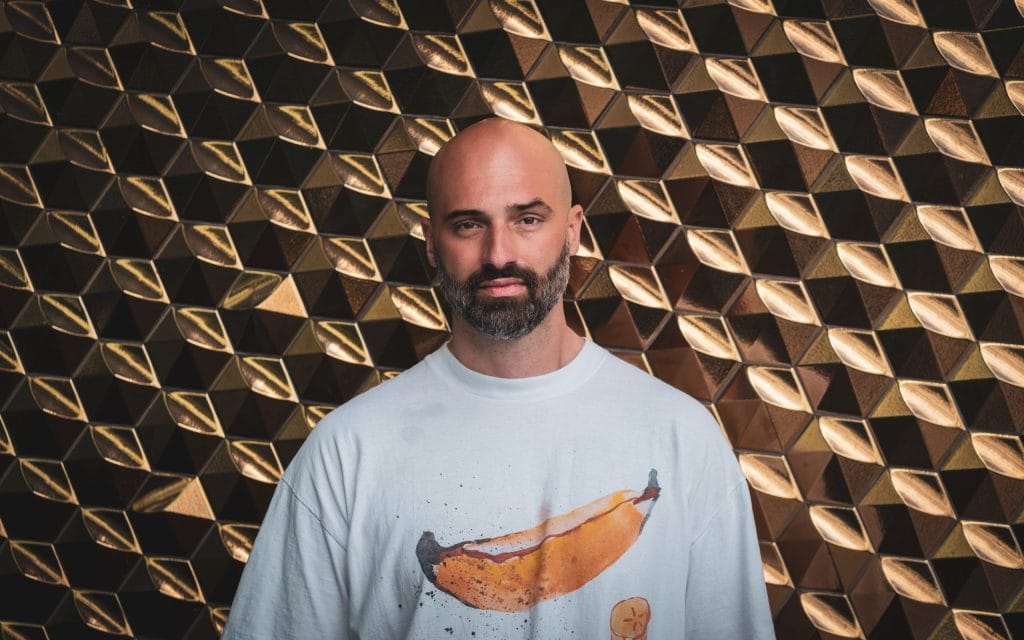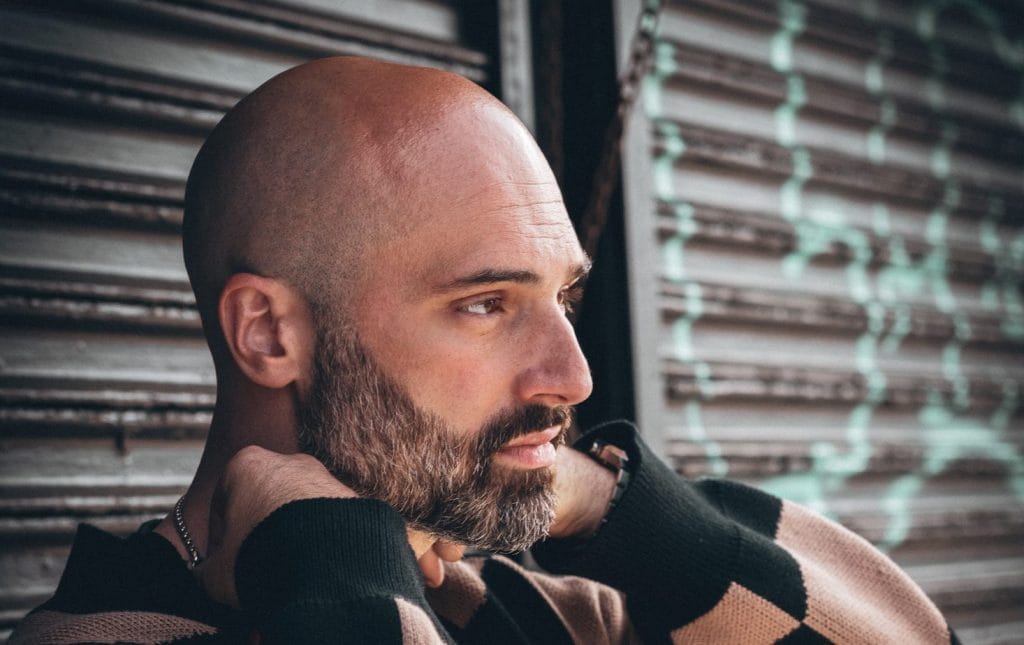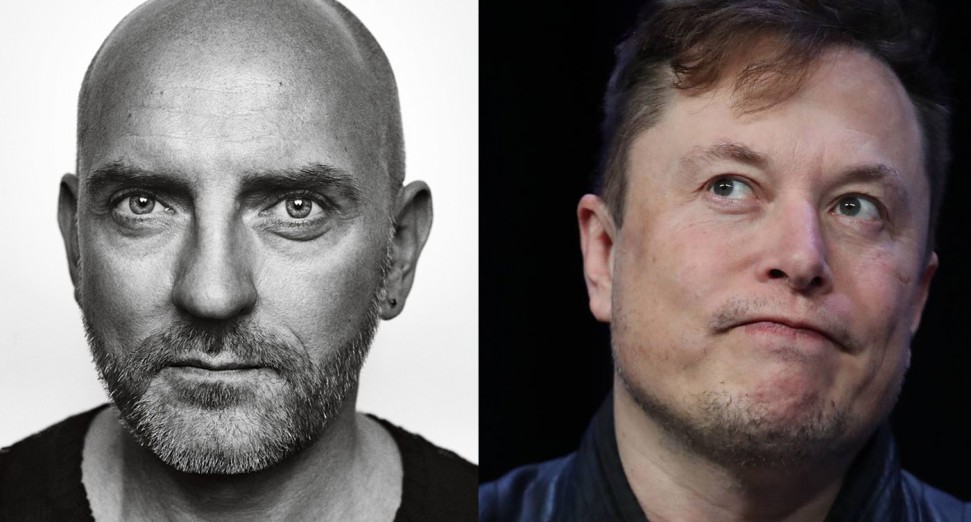
DECAP on Finding the Sweet Spot Between Precision and Feel
Few producers have shaped modern drum design like DECAP.
Through his long-running series Drums That Knock, he built one of the most recognizable and widely used collections on Splice, heard across records by Eminem, Kanye West, and Travis Scott. What started as a personal project to create hard-hitting, ready-to-use drums has become a benchmark for clarity, power, and consistency in contemporary production.

DECAP’s approach has evolved from making loud, aggressive hits to crafting sounds that feel balanced and musical. His process now focuses on warmth, intention, and emotional impact, proving that precision and personality can coexist within digital tools. Beyond sample packs, his work with Knock Audio and the KNOCK plugin reflects a larger mission to give producers tools that sound finished from the start and encourage creativity instead of technical distraction.
In this conversation, DECAP talks about how his process has changed, the value of human touch in an age of AI, and where he sees sound design heading next. His perspective offers insight into what makes a sound connect — not only through its impact in the mix, but through the intention behind it.
When you first started Drums That Knock, did you imagine it would become one of the defining kits on Splice?
I never imagined Drums That Knock would grow into what it is now. I just made what felt good to me. When I first started DTK, my only goal was to make drums that hit hard and consistently. I have always been drawn to hip-hop and powerful, punchy drums, and I was frustrated that so many sounds needed extra mixing just to feel right. I wanted producers to be able to load a sound and have it already hit straight out of the box.

How has your process for designing drums evolved since those early releases?
Early on, I was just making drums that hit hard. Sometimes they did, sometimes they were too harsh. Now I know how to dial it in and make it hit the way I want. Years of sound design taught me where the sweet spot is, how to make something warm, clear, and hit hard at the same time. It’s not just about loudness to me anymore.
With so many sample packs out there today, what do you think separates the good ones from the forgettable ones?
I feel like the best packs are the ones where the producers put love and intention into them. They worked to find the sweet spot, and the sounds have personality and intention behind them. I think that when sound designers do this, producers feel it.

AI and stem separation are becoming so advanced. What still makes a purpose-built drum sample valuable?
AI can recreate patterns, but it can’t recreate human intention. A great sound carries the energy of the person who made it. I feel like AI can rearrange information in amazing ways, but it doesn’t have human soul. I feel like when someone puts love into their sounds, and their production, others can feel it.
Do you see AI as a threat to sample designers or as another instrument in the toolkit?
I see AI as another instrument. It can help with workflow and spark ideas, but it will never replace human creativity or taste. I feel like the people who use it to expand their ideas will make new and exciting things. The ones who rely on it too heavily will all sound the same. I have started experimenting with AI and watching where it is heading. I am interested in finding ways to use it that enhance creativity rather than replace it.
Finally, what is the next frontier for Drums That Knock?
Drums That Knock has grown into Knock Audio, which is really just the next step in what I’ve been building. I wanted a place to make plugins and sounds that inspire people to create. My first plugin, KNOCK, was a big turning point for me. It made me realize that the way I approach sound design can help other producers tap into their own style. Now I’m just focused on making tools that feel good to use, sound great, and help producers bring the ideas in their heads to life.



